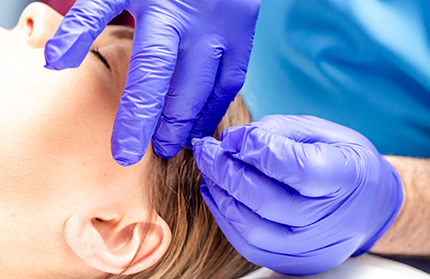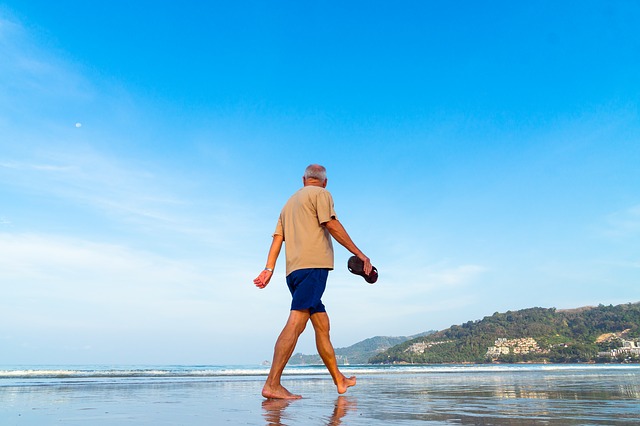Falling among elderly people is very common, and it is the main reason why they suffer broken bones, especially hip fractures. As a matter of fact, you probably have a loved one or know of someone who has fallen. However, this is not a “normal” part of the aging process. Yes, it’s true that as we age, we lose bone density causing our bones to become more brittle and we lose strength in our muscles and hands; however, this does not usually cause an older person to fall.
So, what causes falls and how can they be prevented? Most falls are caused because the house is not properly modified to assist you as you go about performing your daily activities. Falls are also due to the fact that your balance is off. All it takes is the slightest thing to throw your balance off, and before you know it, you’re on the ground or the floor.
Some of the ways to modify your house are to:
- Install extra railings as you enter your home. Even if you already have a railing on one side, you may want to have one on the other side as well. If you have stairs, you may want to consider having a ramp for your entrance instead if the stairs. Having a ramp will give you more area for your feet when you walk instead of placing your feet on narrow steps. This alone will make you feel more secure as you enter the sanctuary of your home.
- You will also want to have handrails in your bathroom next to the commode, as well as in the shower. The handrails will provide more stability as you stand up and go to your morning or nightly routine.
- Do you have area rugs in your house? If so, you will want to either take them up or secure them with nails so that you do not trip over them. These are a huge hazard that can easily be remedied.
- Some people think that staying inside and staying home are ways to prevent falls, but according to the website, National Council on Aging these are myths https://www.ncoa.org/healthy-aging/falls-prevention/preventing-falls-tips-for-older-adults-and-caregivers/debunking-the-myths-of-older-adult-falls/
Other tips for preventing you from falling is to:
- Check with your doctor that your prescriptions are in accordance with one another and can be taken together. Many medicines cause dizziness which can lead to falling. Be sure to give your doctor a thorough list of all of the medications and vitamins you take. Some of them can be interfering with each other. If this is the case, then falls can easily be prevented simply by changing your medications or making appropriate adjustments. For example, maybe you need to take them at different times of the day, so they don’t interact with each other.
- You will also want to have your hearing and eyesight checked annually. Both of these senses play significant roles in your sense of balance and ensuring that you see your surrounding area so that you have stable footing. You will also want to make sure that you have shoes that fit you properly and provide sufficient support for your feet. An orthopedist or podiatrist can help you determine if your shoes fit you the way they should.
Another tip for preventing falls is to build up your strength and improve your balance with a moderate exercise program. Your doctor can give you some exercises or perhaps your physical therapist can help.
- Walking is a great cardio exercise to help you with your balance as well as increase your heart rate.
- Some exercises to increase your balance are back leg exercises, standing on one foot, side leg exercises, walking from heel to toe, and the balance walk. (To watch a video on how to properly perform these exercises, goto https://nihseniorhealth.gov/exerciseandphysicalactivityexercisestotry/balanceexercises/01.html).
The older you get, the more at risk you are to fall, but take heart, there are active measures you can take now to prevent them. This will help you maintain an independent, active lifestyle.


